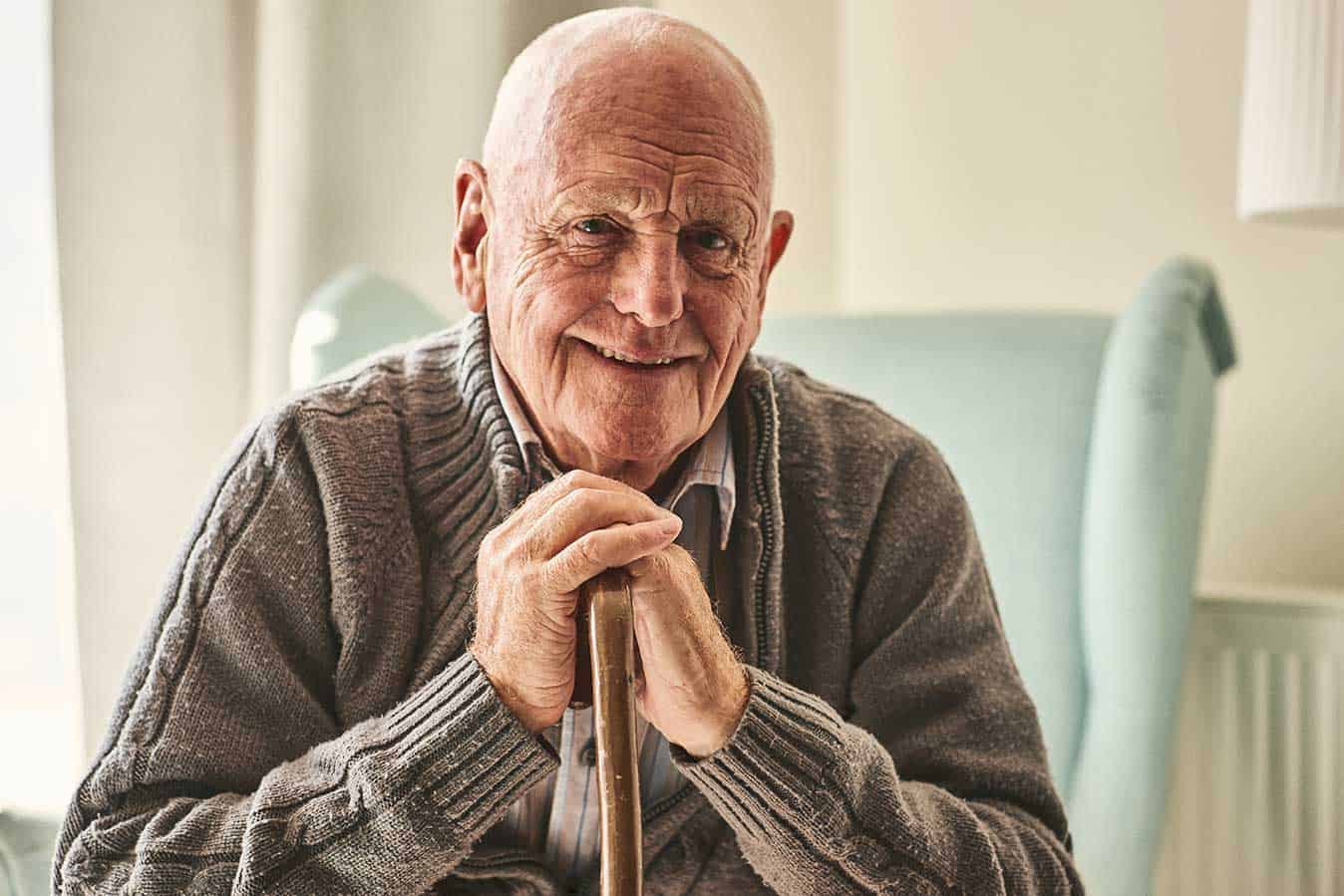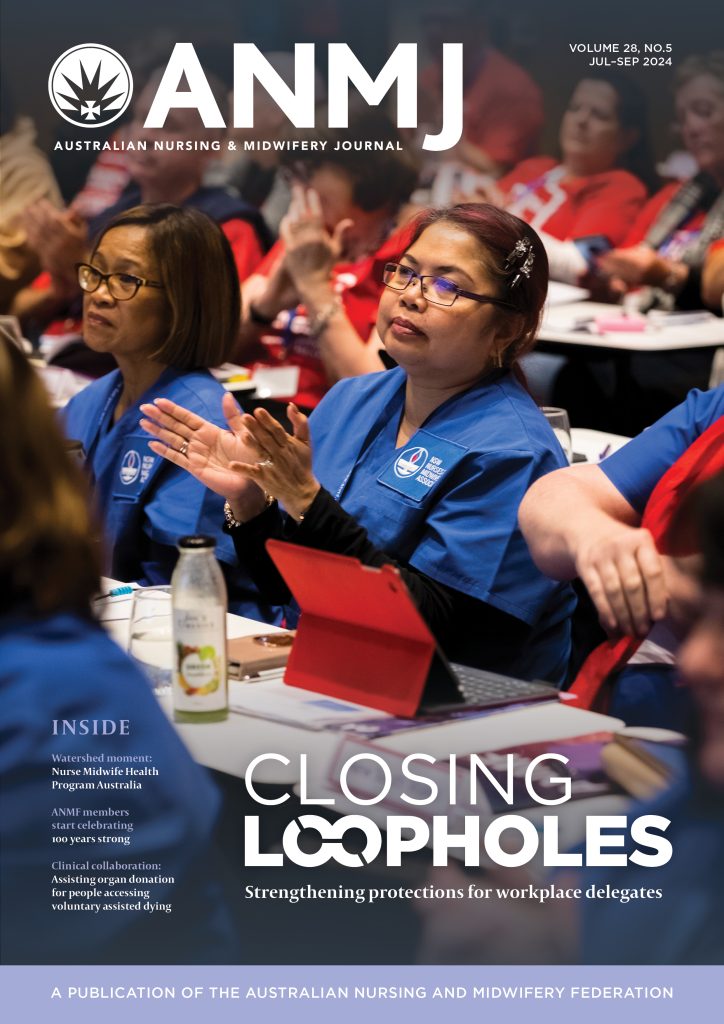People have different goals at the end of life that reflect their values, says Palliative Care Project Officer Will Hallahan of Bethesda Health Care.
“Some people do not want to be connected to a machine, they value bodily integrity. Others have spiritual or religious values. Some will tolerate pain and discomfort, other people are terrified of pain.”
It’s time to talk about what matters most is the theme for National Advance Care Planning Week 1-5 April, 2019.
Advance Care Planning Australia encourages all Australians, regardless of their age or health status, to make their future healthcare preferences known.
The National Advance Care Planning initiative challenges people to start conversations with loved ones about what living well means to them and to consider who they would want to speak for them if they were too sick to speak for themselves.
Advance care planning involves a goals and values directed approach, Mr Hallahan said.
“The goals are of the individual and their preferences are value driven. It’s what’s important to you as a person. As a healthcare professional it’s how to help a person reach those goals.”
Bethesda Health Care, an independent acute surgical and specialist palliative care hospital in Perth, provides a mobile palliative care consultancy service.
The Metropolitan Palliative Care Consultancy Service (MPaCCS) visits over 200 residential care facilities across metro Perth, with 95% of its clients in aged care.
The primary aim of MPaCCS is to support and build capacity in aged care facilities, mental health facilities, disability services and prisons, ensuring those in need of palliative care for cancers and life limiting illnesses receive the best and most appropriate care, avoiding the need to transfer to hospital.
“Advance care planning is an intermediate to advanced skill. Evidence shows very few healthcare providers get training at the pre-graduate level. The bulk of the workforce in the aged care sector do not get training in advanced care planning.
“We put a lot of focus on capacity building. We go in and build up staff; we provide education on palliative care, including symptom management, debriefing, and bereavement support, particularly after a difficult death,” Mr Hallahan said.
MPaCCS provides a Monday to Friday service with a multidisciplinary team of six nurses, two consultant specialists and two social workers.
Bethesda Health Care Clinical Nurse Manager for Palliative Care, Glenys Thomas said MPaCCS was unique in the aged care space.
“MPaCCS is a non-judgemental and supportive service. MPaCCS is a third party so if there’s been a breakdown in communication between the facility and family we come in not to judge, but as a central link to get them talking again. We develop trust which is the key to success.”
Facility ACP documents are often inadequate in that they are either so detailed they are hard to navigate, or lack any detail and might as well be a blank form.
At the heart of the ACP process is the palliative case conference or family meeting with resident, family, carers at the facility, and the GP.
Ms Thomas said it’s often the most efficient forum for ACP.
“It’s important to have the discussion with family – considering what will be important to our mother – before we reach the reactive, emotive stage in the face of her deterioration.”
While 90% of case conferences are routine and straightforward, the 10% that are not are often due to family denial, communication breakdown, family dysfunction, mental health issues or a difficult clinical presentation. It can be difficult to decide on the way forward ie. when a person is likely to die.
“Communication is the key element, as well as educating everyone about what’s possible. It might be someone who is 98 years old with advanced dementia has an ACP from 10 years ago wanting ICU and a heart transplant. That’s not going to happen.
“Sometimes families consider the RAC cannot do anything more for their relative when we can say, ‘actually the facility can do a lot. As a person approaches EOL he or she will receive active care.’”
For more information on National Advance Care Planning Week visit









